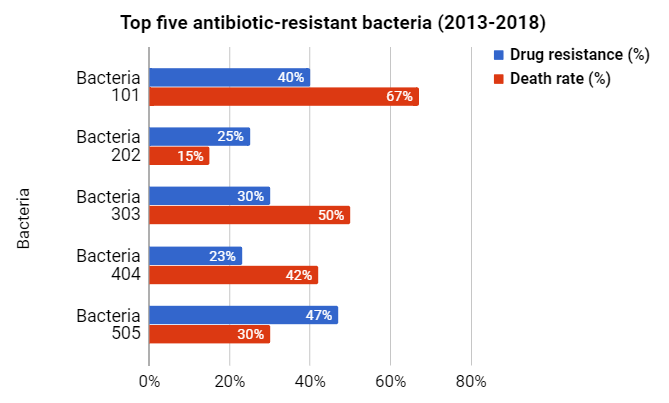LESSON GOAL
Let’s check our lesson goal.
In this material, you will learn the words and phrases that are used when you talk about medical breakthroughs and express your opinions about specific topics.
In this material, you will learn the words and phrases that are used when you talk about medical breakthroughs and express your opinions about specific topics.
この教材では、医療の進歩に関連した語彙や表現を学び、特定の話題について意見を述べる練習をします。
PART A_1
Choose the correct idiom to complete each sentence.
PART A_2
| kick the habit | runs in the family | taste of her own medicine |
| threw up | in labor | as fit as a fiddle |
| 1. | My grandmother is turning ninety-six years old tomorrow. Surprisingly, she’s still __________. |
| 2. | The Chief Nurse received a __________ when her staff began to treat her badly. |
| 3. | The pregnant woman __________ after eating a spoiled salad. |
| 4. | Alzheimer’s Disease _________ of my husband. |
| 5. | My uncle used to smoke every day but he was able to _________. |
PART A_3
Make sentences using the given idioms.
PART A_4
| 1. taste of one’s own medicine | |
| Answer: | |
| 2. threw up | |
| Answer: | |
| 3. as fit as a fiddle | |
| Answer: | |
| 4. kick the habit | |
| Answer: | |
| 5. runs in the family | |
| Answer: |
PART B_1
Study and analyze the graph carefully.
PART B_2

PART B_3
Use the following words to explain the data.
PART B_4
PART C_1
Let’s talk. Please answer my questions. You may ask me questions too.
PART C_2
| 1. | Do you agree with this saying, “All medicines are drugs, whereas not all drugs are medicines”? Why or why not? |
| Answer: | |
| 2. | Why should everyone know the importance and use of first aid? |
| Answer: | |
| 3. | Do you immediately take a medicine if you suddenly feel dizzy and/or nauseous? Why or why not? |
| Answer: | |
| 4. | If you were a scientist or a doctor, what illness would you like find a cure? Why? |
| Answer: | |
| 5. | Do you know of any recent medical breakthroughs? |
| Answer: |
REVIEW AND FEEDBACK
Now, let us review the things that you learned in this lesson.
ではこのレッスンで学んだことを振り返りましょう。
(Please give a short feedback on how your student did in your class.)
| Grammar 文法 |
Pronunciation 発音 | Vocabulary 単語 |
Comprehension 理解 |
|
|---|---|---|---|---|
 GOOD GOOD |
文法の誤りはほとんどなく、完全な文章で話すことができる | ほとんどの単語をはっきりと正しく発音することができる | 習った表現を適切に使うことができる | 文章を理解し、質問に正しく答えることができる |
 FAIR |
文法の誤りはあるが、完全な文章で話すことができる | 発音の練習が必要な言葉がいくつかある | たまにミスはあるが、習った表現を適切に使うことができる | 文章を完全に理解するのは難しく、質問に正しく答えられないときもある |
 POOR |
文章で話すのは難しく、単語だけで話すことができる | 発音の練習が必要である | 習った単語と表現を少しだけ使うことができる | 文章を理解するのは難しく、質問に答えるのは難しい |
レッスン教材に関するアンケートのお願い
レッスン教材の改善・拡充を図ることを目的とし、アンケートを実施しております。
以下のURLからアンケートにお答えいただき、 ご意見・ご要望をお聞かせください。
アンケートはこちら